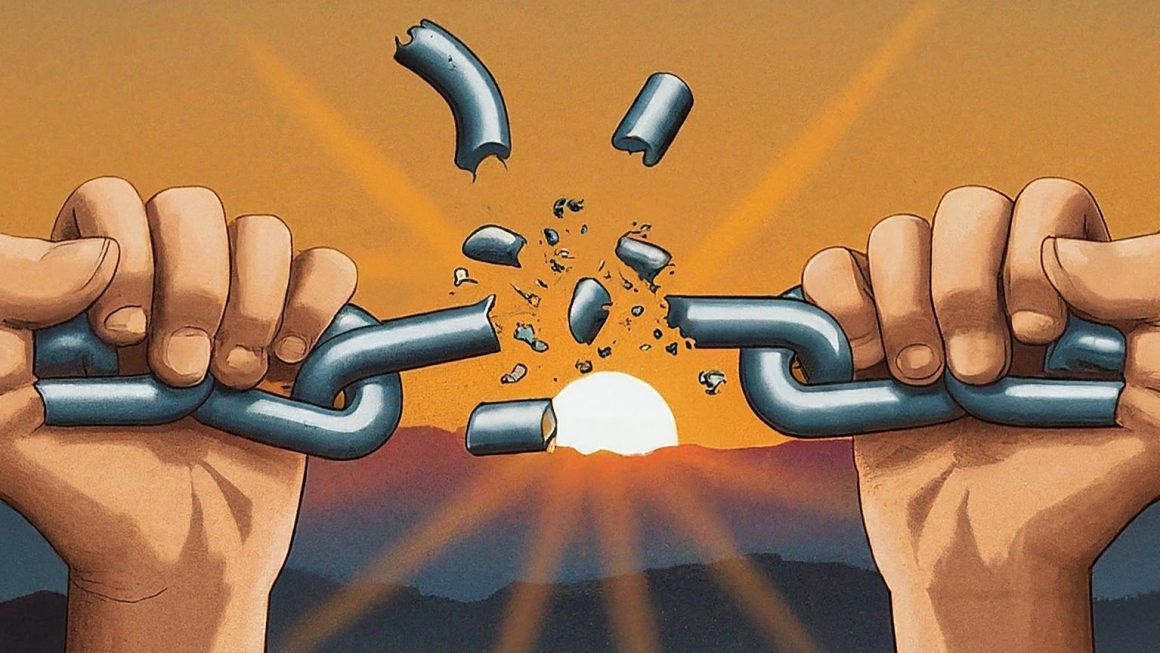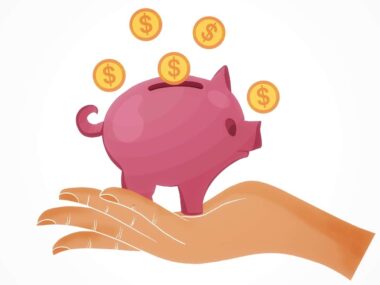We all make excuses now and then—I was tired, traffic was bad, I forgot. When excuse-making replaces emotional accountability in relationships, it raises a deeper question: Are we protecting our connection, or just protecting ourselves?”
Excuses as Emotional Armor
Excuses aren’t just bad habits; they’re often emotional survival tactics. We reach for them when we feel exposed or afraid—of being judged, of conflict, or of facing a version of ourselves we’d rather not see. It’s a reflex born from fear: If I admit I messed up, will you still love me?
But over time, this kind of self-protection creates distance. What we think is shielding us ends up building walls.
The Hidden Cost of Deflecting Responsibility
When we avoid owning our actions, we do more than frustrate our partner—we limit the relationship’s potential for trust and growth. If everything is “not your fault,” then nothing can change. We block meaningful repair by minimizing hurt, shifting blame, or turning conversations into battles for the moral high ground.
Even well-intentioned excuses can feel invalidating. If your partner says your actions hurt them, and your response is, “I didn’t mean to,” they still walk away feeling like their pain doesn’t matter. Over time, that chips away at emotional safety.
Why Emotional Accountability in Relationships Feels So Hard
Accountability isn’t just about maturity—it’s about emotional risk. If you’ve grown up in an environment where mistakes led to rejection or shame, then taking ownership might feel unbearable. You might not trust that you can be flawed and still be loved.
But the irony is: accountability is what makes love sustainable. When you own your actions, you show your partner they’re safe to do the same. You create a space where honesty isn’t punished—it’s honored.
How to Break the Excuse Cycle
If you want to stop making excuses in a relationship, it’s not about perfection—it’s about small, intentional steps:
- Start with self-honesty. What story are you telling yourself when you mess up? Is it true, or just familiar?
- Listen without defending. It’s not about agreeing with every critique—it’s about being open to your partner’s experience.
- Use “I” statements that own impact. Try: “I was stressed, but I took it out on you. I’m sorry.”
- Apologize with follow-through. Words matter—but changed behavior matters more.
- Notice the pattern. If you’re always pointing outward, pause. What’s happening inside you that you’re avoiding? Noticing these moments is a crucial step if you’re working to stop making excuses in a relationship.
- Seek support if needed. Sometimes we need help unlearning old dynamics. Therapy or coaching can accelerate growth.
The Takeaway:
Excuses might feel like protection, but they keep us stuck. Accountability is harder—but it’s also where real intimacy begins. The more we own our actions, the more we invite deeper trust, healing, and connection into our relationships.
It’s not about being flawless. It’s about being real.
📌 Changelog
- April 21, 2025: Article re-written to make it more focused.
- Mar 6, 2024: Original article posted.







Comments are closed.